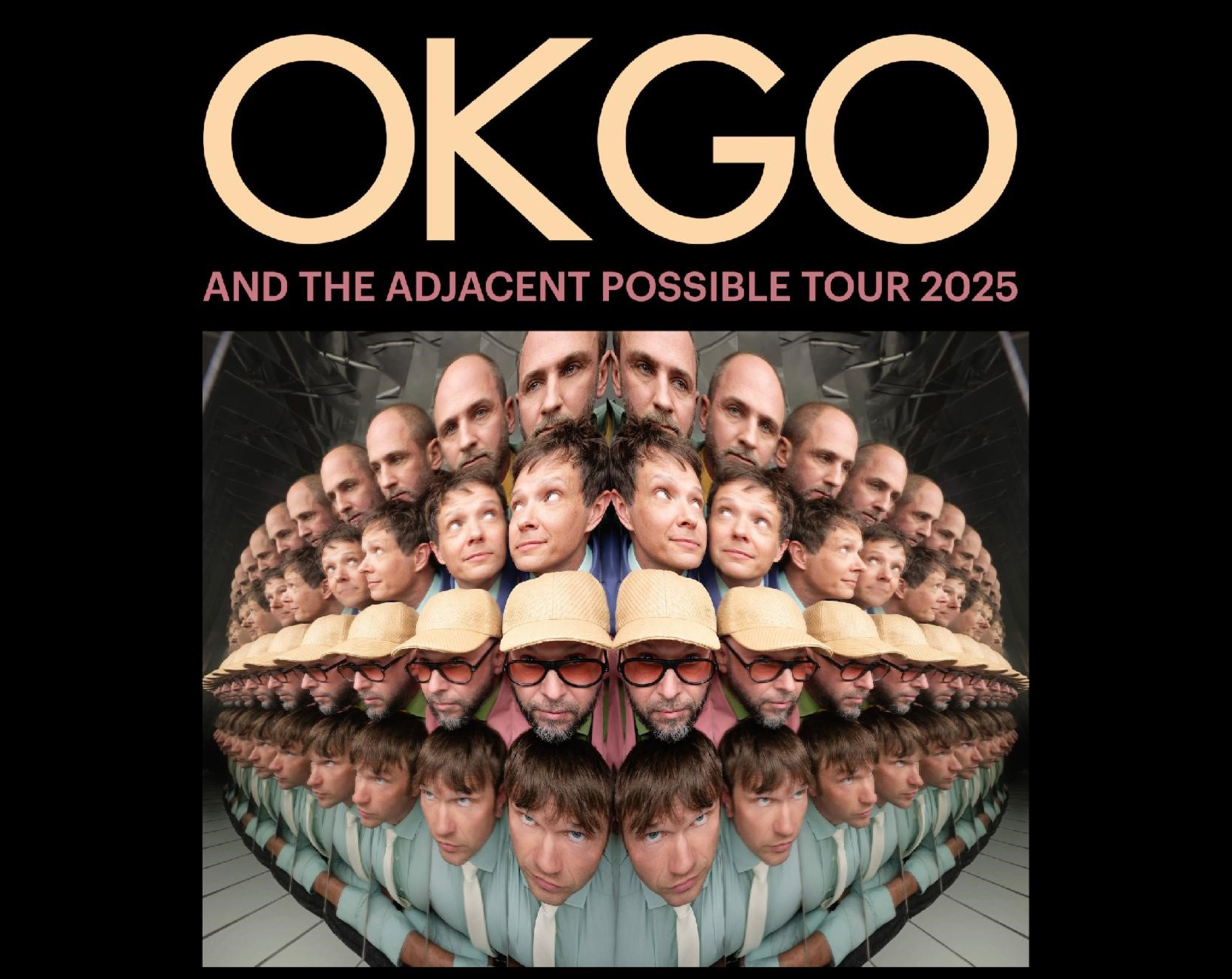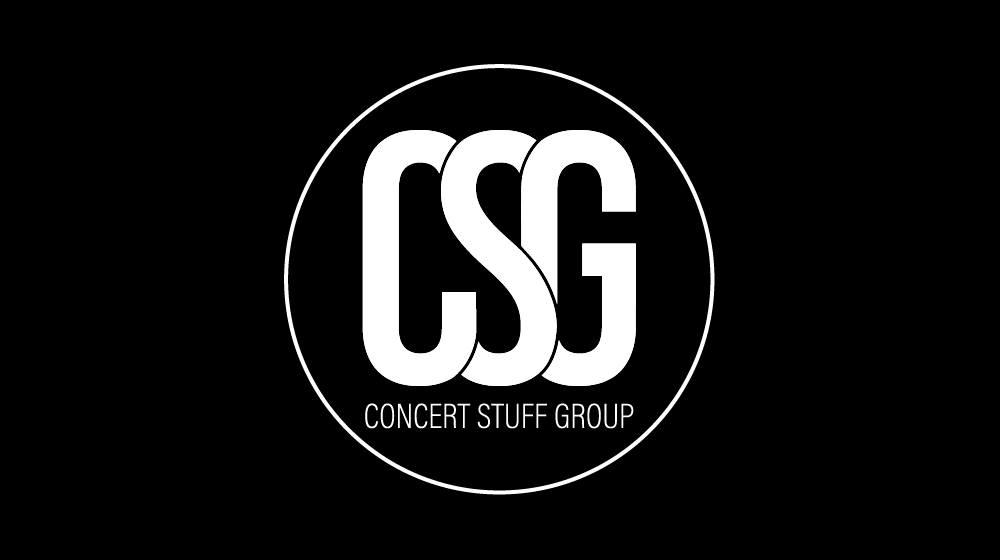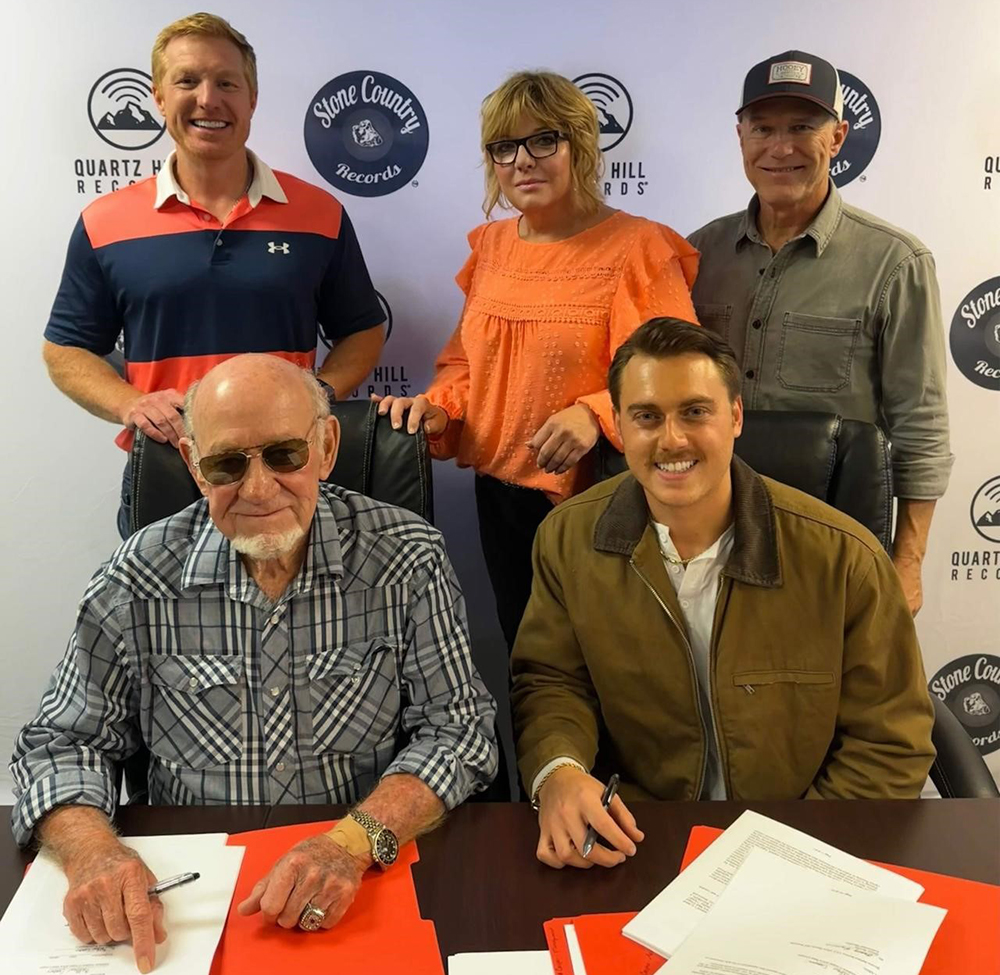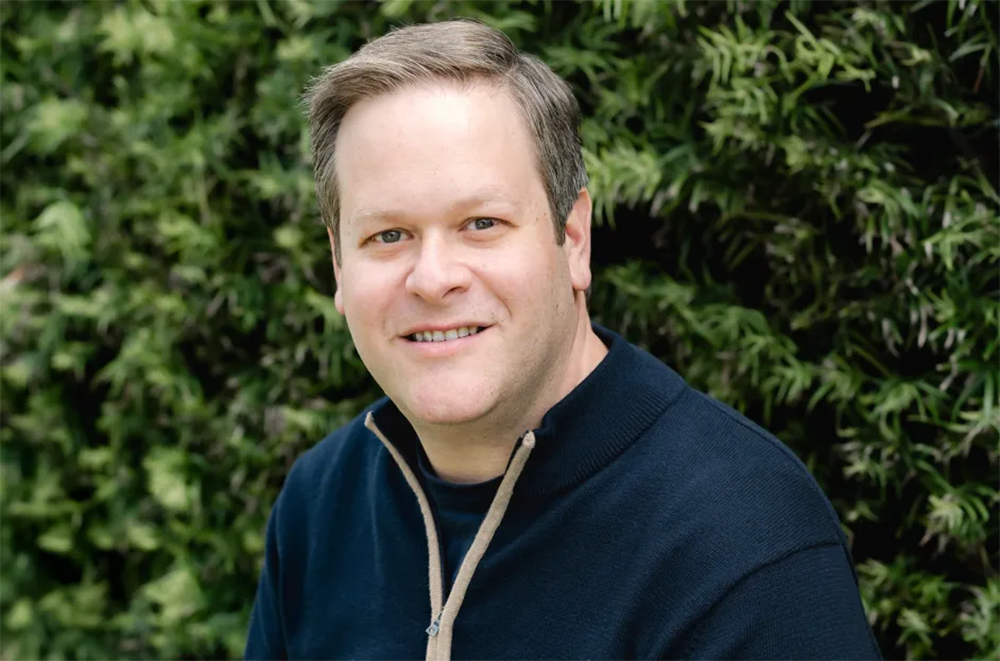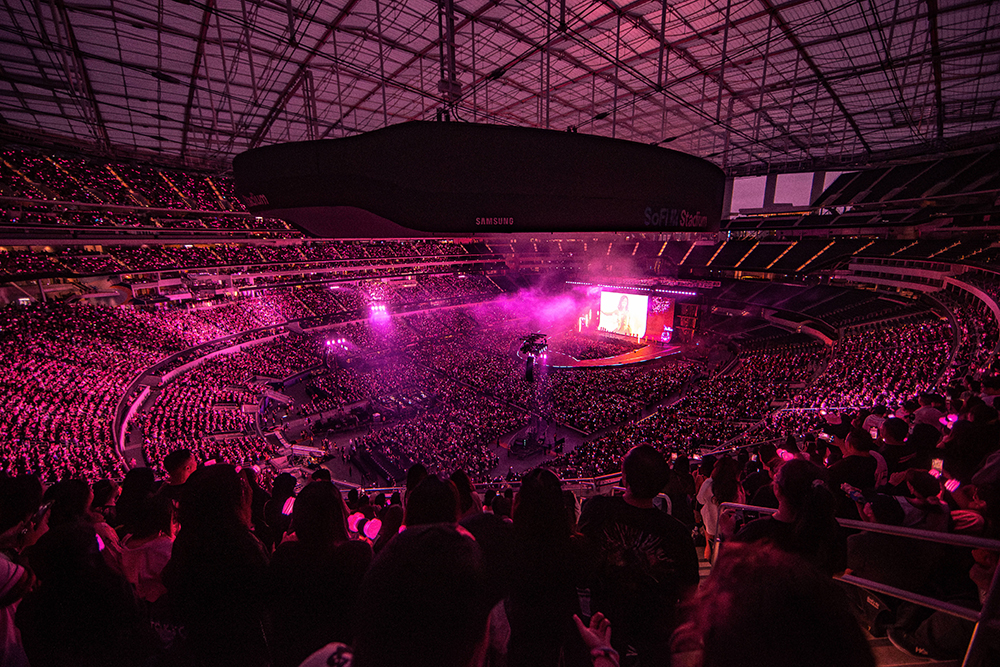
"Electronic Arts, the publisher of the Madden football series and other sports favorites, sold 67 different titles in stores in the fiscal year ending March 2009. In its last fiscal year, it sold 13."
I read.
You can sit on the phone all day, go to lunch, but that's a very inefficient way to gain knowledge.
In other words, are you reading the new Malcolm Gladwell book, about David & Goliath? I got it at midnight, oh how I love the Internet and wireless delivery.
What are the hidden defects of those in power, those you want to topple? Usually it's that they're so insulated that they cannot see the landscape. Some college kids put a dent in the recorded music industry that the labels will never recover from. And right now while people are dying at EDM shows, Las Vegas is burgeoning, where they make more money from deejays than they do at the slots.
Didn't know that? You've got to read the "New Yorker" story by Josh Eels "How Electronic Dance Music Conquered Las Vegas": http://nyr.kr/1dpprRm Unfortunately, most of it's behind a paywall, making it near-irrelevant. Protect your business model and turf at your peril. Here the "New Yorker" writes the best, most definitive article about the EDM scene in Vegas and most people don't read it, what have they accomplished, reaching those who are not interested?
And on the front page of the business section of the "New York Times" there was this story "Shrinking List of Video Games Is Dominated by Blockbusters," linked to above.

You should read it, because exactly the same thing is happening in music. People only want the best music, the stuff that everyone's talking about. The rich get richer and the poor get poorer.
Pooh-pooh Max Martin and Dr. Luke all you want, but if you can't admit they're talented, you don't know there are 88 keys on a piano. They're playing a game. Of making records that Top Forty will play. Complain all you want that Miley Cyrus has little talent, but can you, at home, make a record as good as "Wrecking Ball"?
NEVER!
And Top Forty is the only format that builds mainstream careers.
So, you've got to be a triple threat, a great writer, player and singer, and you've got to be able to produce too, otherwise you won't make it. Oh, you can hire a producer, but how much do you think an A-lister costs? Only the labels can afford them. The same labels with not only deep coffers, but relationships.
Believe me, Electronic Arts would like to have more hits, it's just that people weren't buying their other titles. Take-Two, which makes GTA, otherwise known as "Grand Theft Auto," makes essentially nothing else. Rather than being a producer, they're more like a band, putting out an album every couple of years, which they slave over, that they spend double digit millions not only producing but marketing (to make a billion dollars in three days!)
That's how hard it is to cut through the noise. And it's those with headway who continue to succeed.
I'm not the only one saying this. Anita Elberse, a business professor at Harvard, is releasing a book entitled "Blockbusters: Hit-making, Risk-taking, and the Big Business of Entertainment" on October 15th. How did I discover it? By reading!
But my main point is while you were at home plotting your assault on the Internet, growing virally from nothing to something, the entire game changed. The public became wary of wasting time, not only foraging for new entertainment, but finding out in most cases what they discovered wasn't worth the effort. So people have retreated, they've come back from the wilderness and have set their eyes on what everybody else is paying attention to.

That does not mean there are not niches. That does not mean you can't create a profitable business using the Internet and social networking to reach those who care. But in most cases they're the only ones who care. That's the story of Kickstarter. You raise money to make an album for the very few who care. You get paid, but your audience doesn't become any larger. Sure, the media has picked up on how Amanda Palmer has made herself a success, but the audience for her music has not grown significantly, she's not become a blockbuster, what are the odds that you will?
Very low.
Look at the movie grosses. Every week there's one winner, assuming it wasn't produced for too much cash, and a ton of losers. What's the result? Studios are making fewer flicks, pouring more money into those they green-light. They've all closed their art house divisions, because they just weren't profitable enough, and a bad use of capital, the returns were meager.
So no, the label is not interested in your niche product, if it can't get on Top Forty radio, forget about it.
And if you're going it alone, you'll probably stay close to alone.
Do I wish it were different?
OF COURSE!
But it's not.





















